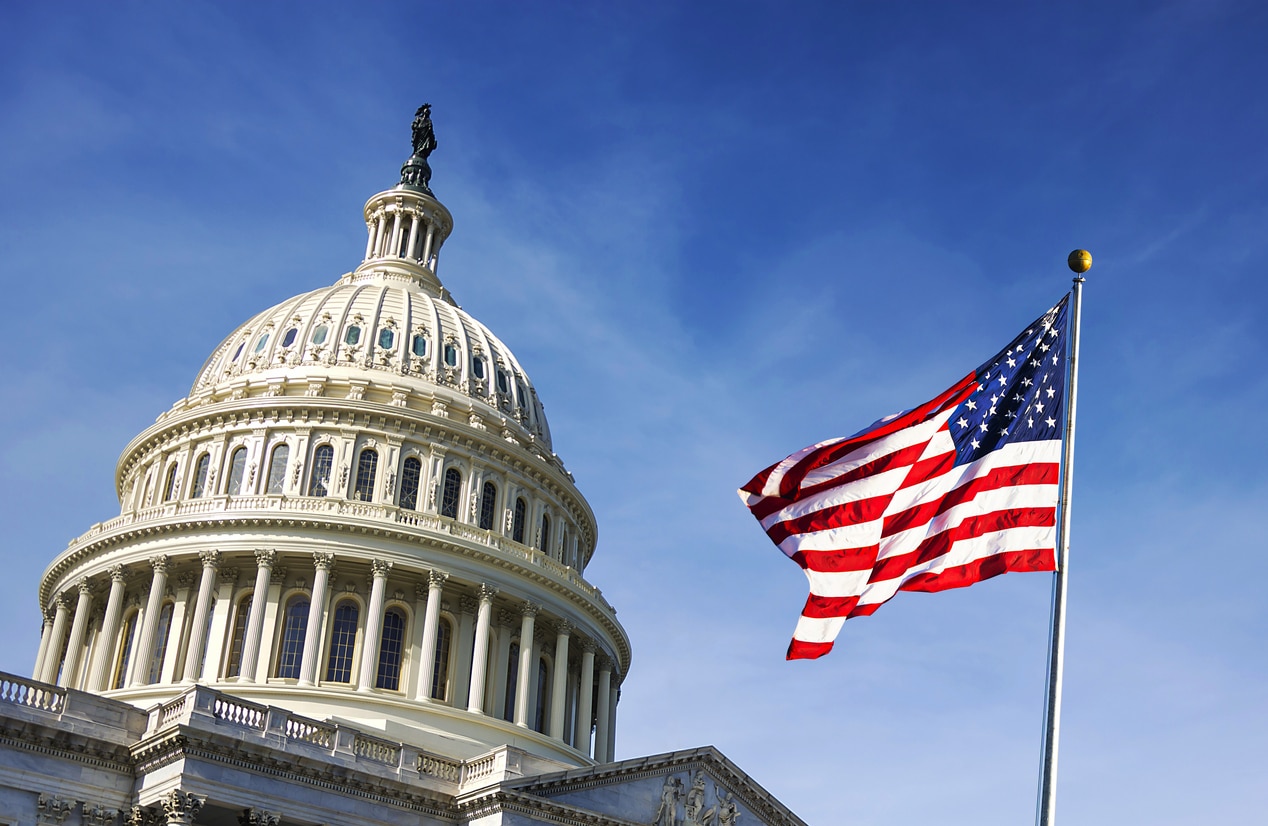Major changes to the United States tax code that were first adopted as part of the 2017 Tax Cuts and Jobs Act (TCJA) are finally coming to pass, with startups and software companies feeling the brunt of the consequential legislation.
Among the most impactful changes for founders are the new capitalization and amortization rules under IRC Section 174 (S174), which were modified to limit deductions on all research and experimental (R&E) expenses incurred during calendar year 2022.
While many in the private sector had hoped, prayed and petitioned for legislators to halt or postpone the new S174 requirements from coming into effect beginning December 31, 2021, a tumultuous political climate (and multiple election cycles) repeatedly dinged any progress for opponents of the TCJA.
However, a bipartisan bill—the American Innovation and Jobs Act (AIJA)—was reintroduced on March 16 by Senators Maggie Hassan (D-NH) and Todd Young (R-IN) that aims to rollback the S174 changes while expanding R&D tax incentives, specifically targeting innovative startups and small businesses.
Restoring R&E deductions, expanding R&D tax credit qualifications
When the AIJA was originally floated back in 2020, it included language that would double the credit limitation for startups claiming the payroll tax offset (from $250,000 to $500,000, with a $750,000 target over ten years), while raising the eligibility limits on companies that can utilize social security tax credits from $5 million in gross receipts to $15 million.
Rolling back the S174 changes, however, was the most urgent stipulation of the AIJA then and now, as it re-establishes the key R&E tax deduction that had helped fuel innovation (and private sector competitiveness) for almost 70 years.
Inaction on reversing the S174 modifications has been causing frustrations across industries, with the National Association of Manufacturers estimating that their sector could lose upwards of 60,000 jobs and face an output decline north of $31 billion for tax year 2022 alone. To that end, the United States now has a dubious distinction of being one of only two developed nations now requiring amortization of R&D expenses (the other country being Belgium).
What’s maybe even more concerning is the fact that China now provides a 200 percent “super deduction” on R&D for its manufacturers, which is 20 times the amount currently available to U.S. businesses. This has been a key sticking point for Republican legislators involved in the bipartisan bill, as Senator Young has made clear in his latest push for the AIJA’s passage.
“Maintaining and encouraging research and development activities here in the United States is critical to providing high-quality jobs for Americans and ensuring our country remains competitive with our international rivals, most notably China,” Senator Young’s official statement reads, adding “If we want to outcompete and out-innovate the Chinese Communist Party, we must pass this legislation as soon as possible.”
“When American companies invest in research and development to develop new products and technologies, it stimulates our economy, promotes job growth, and helps us compete with foreign adversaries,” read’s Senator Hassan’s statement to the press. “Our bipartisan bill will help more startups and businesses invest in research and development, and also ensure that they can fully deduct research and development expenses each year. I urge my colleagues on both sides of the aisle to support this bill that will spur innovation.”
While the reintroduction of the AIJA is the latest, best chance for startups to avoid significantly higher tax bills this year and going forward, businesses can still take advantage of existing R&D tax credits to help offset some of their new tax burden.
To learn more about how teams can build an R&D Capital Strategy that bears in mind the new requirements around Section 174, R&D tax credits in general, and how to plan for the year ahead, join our weekly #InnovatorsLive event on LinkedIn every Friday at 12pm ET/9am PT.





